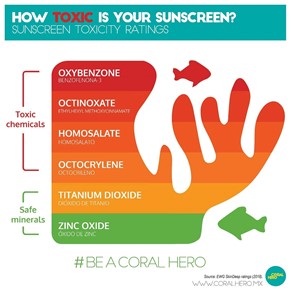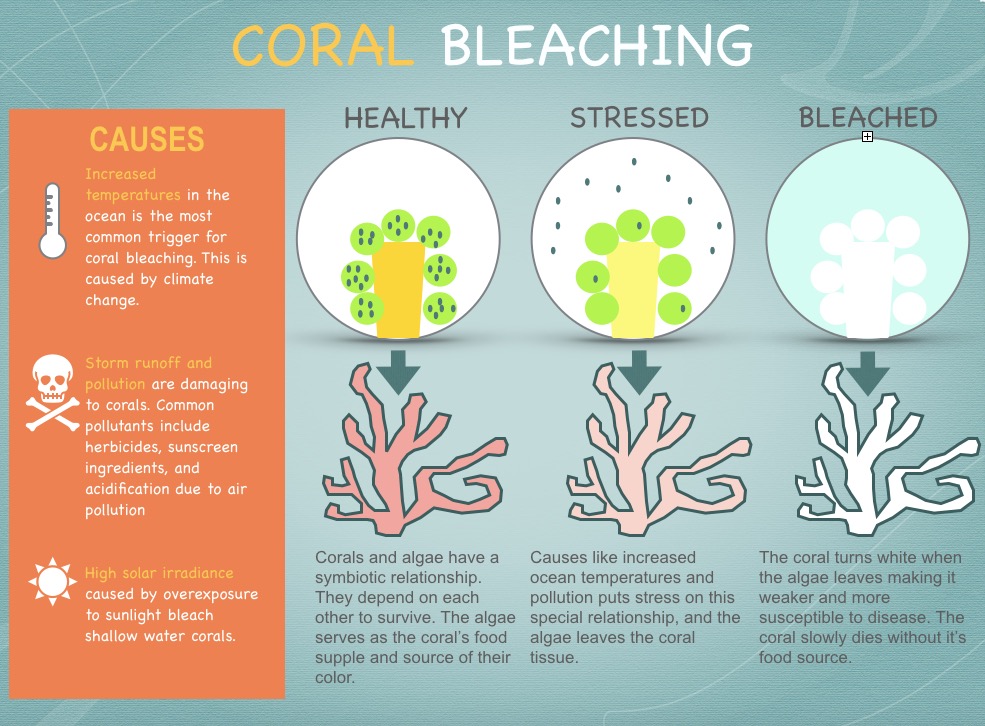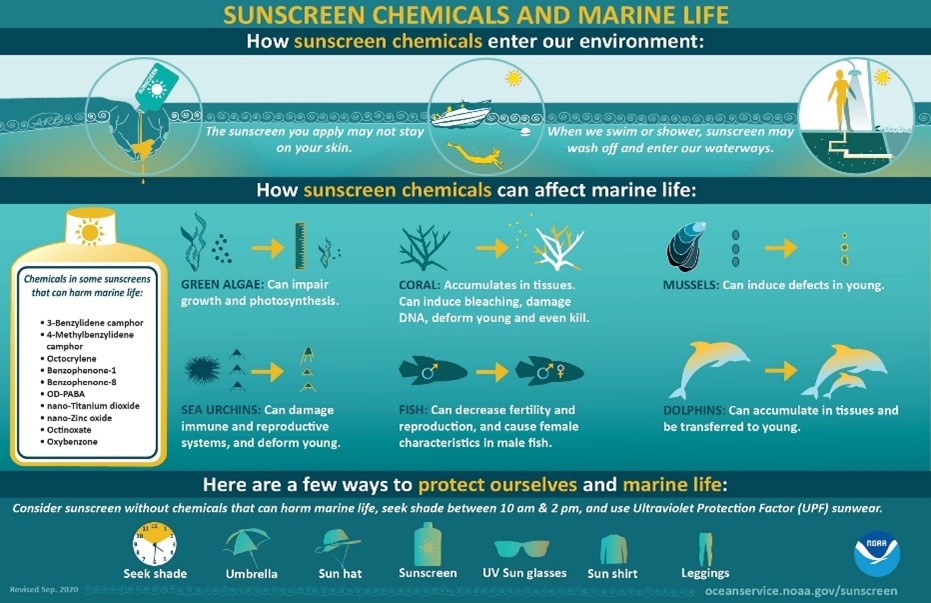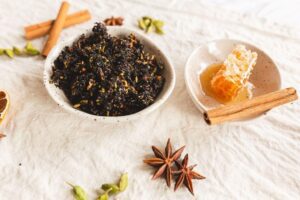Featured Image by: By Logwo18 - Own work, CC BY-SA 4.0
What is Reef-Safe Sunscreens?
With most of the major cities looking at emerging from some form of lockdown the prospect of a glorious post-Covid Summer in Australia is now tantalisingly close, and no doubt Aussies will be heading straight to the beach.
As usual, the unrelenting Australian sun will remain the warming, yet callous force that has also earned our country the unwanted title of the ‘Skin Cancer Capital’ of the world.
Staying sun safe is vital but did you know keeping yourself sun-safe can have a detrimental effect on the marine environment?
Some experts believe that the chemical products covering our skin wash off when we enter the water may be a real coral killer known as “Bleaching”
Why we need our coral reefs?
Coral is vital to life on earth and fundamental for our survival.
- Provide an important ecosystem for life underwater and is home to millions of fish
- Protects coastal areas by reducing the power of waves hitting the coast
- Provide a crucial source of income for millions of people.
The Great Barrier Reef is one of the 7 wonders of the world and is the largest living entity on earth. With over 600 species of coral, in variety of shapes, sizes & colours. 1,500 species of fish, 134 species of sharks and rays. The reef is also home to more than 30 species of endangered and threatened turtles.
The stunning colours in corals come from a marine algae called Zooxanthellae, which lives inside their tissue. Via the photosynthesis process, this produces algae that provides the corals energy, allowing them to reproduce and grow.
What is Coral Bleaching?
When corals get stressed, from heat or pollution, they react by expelling the algae, leaving a white, transparent skeleton behind. This is known as ‘coral bleaching’. Some corals can feed themselves, but without the zooxanthellae most corals starve.
A key ingredient in chemical sunscreens is oxybenzone. This synthetic compound is a known toxin to all ocean life. It’s so toxic, that one drop of this ingredient in more than 18 million litres of water is enough to endanger organisms, and cause coral bleaching.
What makes matters worse is much of the sunscreen we put on before swimming probably just washes off in the ocean, providing no benefit to us and significant damage to the reefs.
Two Types of Sunscreens
- Chemical sunscreens (also counterintuitively known as “organic” sunscreens) absorb harmful UV rays. These contain Oxybenzone or Octinoxate – the two most controversial chemical compounds.
- Mineral sunscreens (also known as physical sunscreens) create a shield-like layer on top of the skin to deflect them.
Ingredients to avoid in your sunscreen:

Hawaii is one destination and the first in the U.S. to ban the sale of sunscreens that contain two common chemicals, Oxybenzone and Octinoxate, which have been widely deemed potentially harmful to ocean life.
Natural sunscreen buying tips
Avoid:
Oxybenzone and Octinoxate in listed ingredients
Choose:
- Sunscreens that list titanium dioxide and zinc oxide as the only active ingredients (at least 7% zinc oxide).
- Indication that ingredients are “non-nano” meaning the particles are not small enough to penetrate the skin and cannot be ingested by corals.
- Hawaii is one destination and the first in the U.S. to ban the sale of sunscreens that contain two common chemicals, Oxybenzone and Octinoxate, which have been widely deemed potentially harmful to ocean life.
- Use a broad-spectrum sunscreen SPF – 30+ or higher – A broad spectrum choice will help to protect against both UVA (which leads to DNA damage that can cause skin cancers) and UVB (which burns the skin and causes skin cancer).
- Look local – Keep in mind that over-the-counter sunscreens in Australia are accurately SPF-rated and quality controlled. Beware of sunscreens produced and sold overseas, their ratings cannot be assured
- Reef-safe labels. Look at all ingredients, just because it says it’s reef-safe, doesn’t necessarily mean it’s reef-safe.
Sunscreen is a necessity. We should be using it daily — even when it’s cloudy, but sunscreen alone isn’t enough. Shade, the right clothes, and a little common sense are your best weapons against sun damage!
For further advise on the right sunscreen for you speak to one of our knowledgeable team members at Glo Health.




